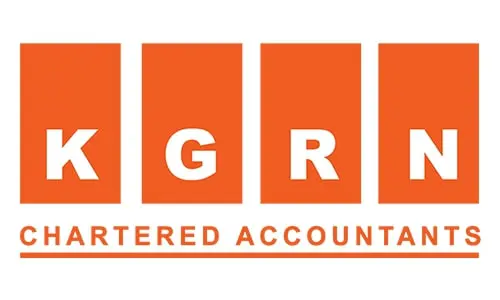The vast majority of expats chose the United Arab Emirates as a place to settle down with their families and establish a stable existence. The majority of expats fail to consider a key part of their stay in Dubai: the creation of a will.
A tragic catastrophe could prohibit our hard-earned assets from going to their proper owners as a result of the absence of a valid Will on our part.
The creation of an estate plan is therefore crucial to ensuring that your property and assets are distributed in accordance with your preferences when you die.
Writing a will in Dubai is a legal process, and experienced business consultants such as KGRN are the best people to turn to for assistance.
Our knowledgeable Business Consultants will guide you through the Will Registration procedure in Dubai and other locations around the world.
What happens if you don’t have a Will in place by the time you get in Dubai?
Due to the UAE’s inheritance laws, if you die without leaving a will, your assets will be dispersed in line with the law, and guardianship of children under 21 years of age will be granted to the person you specify.
The will of a person who has no possessions might nevertheless appoint guardians to look after their children while they are abroad.
Creating a Last Will and Testament in Dubai is a legal requirement.
Make a will if you are a non-Muslim who is over the age of 21, has children under the age of 21, or owns property in Dubai (whether movable or immovable).
The two legal authorities listed below are largely responsible for the registering of wills in the Emirate of Dubai.
Although the DIFC Wills Service Center only draughts wills in English, Dubai Courts recognise wills that are written in both English and Arabic (English & Arabic). It only provides services to non-Muslims.
Wills are best created or registered with the legal advice of a Business Consultant who specialises in the subject of wills and estate administration.
KGRN is the only company that provides Will Writing Service support to the DIFC and Dubai Courts. Our knowledgeable Consultants will guide you through the process and assist you with the preparation and registration of your will in Dubai. a.
Making a Will in Dubai is a three-step process.
The following are the processes that non-Muslim expats in Dubai must take in order to write a will.
Making a Will is the first step.
In order to write a will, you should hire professional advisers to help you through the process. Understand the legal terms and the will registration process, as well as how wills are utilised in Dubai, before you proceed further.
A thorough will in Dubai involves assigning guardianship of all your assets to a beneficiary in the case of your untimely death, which is important in the event of an untimely death.
- The Legalization of the Will
Before submitting the Will to the Dubai Courts, it must first be translated into Arabic by an Arabic translator.
Make certain that you have proofread and grasped the entire document before starting with the legal translation and submission to the Dubai Courts as a result.
- Putting the Intention into Practice
After that, the Will must be registered at either the Dubai Courts or the DIFC Wills Service Center, depending on its location.
What is the procedure for executing a will in Dubai?
Following a catastrophic event, the standard process in the United Arab Emirates is to freeze bank accounts (including joint accounts).
If a will has been made, it is possible to activate the bank account through a straightforward process.
The Dubai Courts must be contacted in order to receive a succession certificate, which provides the beneficiary information for the assets, both movable and immovable, that were previously registered under the will of the deceased.
The guardian is also charged with the custody of the children, and an executor is appointed to distribute the assets to the beneficiaries and to settle all of the estate’s liabilities on behalf of the owner of the will.
The Three Most Frequently Seen Patterns in Dubai Estate Planning
Non-Muslims who wish to make a will in Dubai must adhere to a number of rules and regulations. In the majority of circumstances, it would be the distribution of the estate as well as the appointment of executors and guardians.
- Estate Distribution in the United Arab Emirates
The following is the most frequently encountered pattern of distribution of UAE Estate to beneficiaries:
- Appointment of a Guardian
In the United Arab Emirates, children under the age of 21 are considered juveniles. The guardianship of children generally follows the pattern detailed below.
- Appointment of Personal Representatives
The will owner has the option of appointing the executor of his or her choosing in order to ensure that the estate is transferred to the beneficiaries on time.
Married people in the United Arab Emirates most commonly choose the following executors for their wills:
The COVID-19 conference emphasised the need of will registration in the United Arab Emirates.
A global pandemic has swept the world, affecting people’s perspectives on life and work as well as their attitudes toward living, health, and the future.
During the COVID-19, wills and estate planning have garnered unprecedented attention from the public.
Even in the United Arab Emirates, residents are more concerned with protecting their estate in the case of a calamity in order to preserve their future and loved ones than they are with protecting themselves.
To learn more about will writing and will registration in the United Arab Emirates, get in touch with one of our knowledgeable business experts right away!
Touch us for more information and Service Details:



